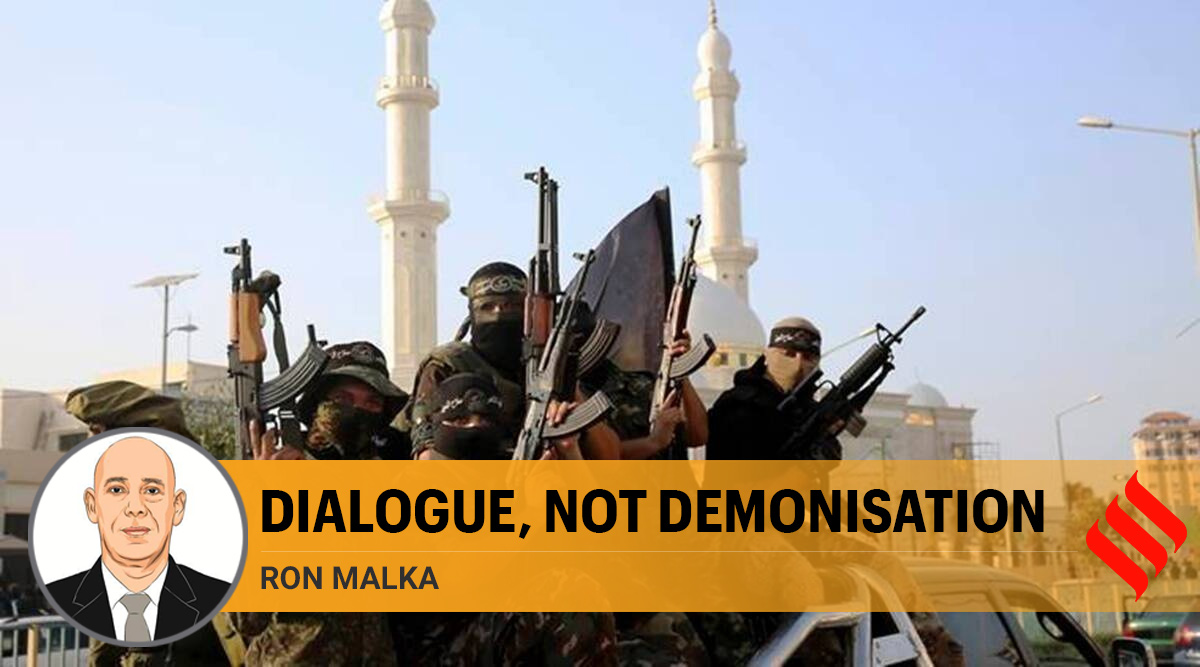
On February 5, 2021, the International Criminal Court (ICC) issued a decision regarding the scope of its territorial jurisdiction over issues pertaining to the Israeli-Palestinian conflict. This unwarranted intervention by a foreign court undermines Israel’s sovereignty, rewards Palestinian terrorism, plays into the hands of extremists, and turns the Court into a tool of anti-Israel propaganda.
Israel, a Jewish state founded after the horrors of the Holocaust, was among the first states to support the idea of establishing an international criminal court. Nevertheless, like other states, Israel did not join the Rome Statute due to concerns that the court would be exploited as a political tool rather than fulfilling its original purpose. The ICC has now proven that these concerns were justified.
Israel has valid legal claims over the same territory that the Palestinians have sought to submit to the ICC’s jurisdiction. The agreement between Israel and the Palestinians to resolve their dispute over this territory’s future status through negotiations has long been between the sides. The recent normalisation agreements between Israel and the UAE, Bahrain, Sudan, and Morocco, known as the Abraham Accords, are further proof that the only way to achieve genuine peace is through direct negotiations.
Israel acknowledges that the lack of jurisdiction on the part of international tribunals with respect to any particular dispute does not relieve states of their duty to fulfil their international legal obligations. In the present context, Israel remains willing and able to address Palestinian grievances through direct bilateral negotiations and various remedial avenues, including multi-layered review mechanisms already in place. This includes Israel’s judicial system, which is world-renowned for its judges, the quality of its decisions, and the depth of its commitment to the rule of law. Since the establishment of the State of Israel in 1948, the Supreme Court has played an important role in the protection of human rights.
The State of Israel, like India, is a democracy committed to the rule of law and international justice. Israel has kept its democracy strong by maintaining the delicate balance between its security needs and those of human rights.
Unlike most other democracies, Israel faces challenges to its very existence that are ongoing and persistent. Israel considers that the tragedy of the Israeli-Palestinian conflict can only be resolved by direct dialogue between the parties that is sensitive to the needs and aspirations of Israelis and Palestinians alike. It continues to call on the Palestinian side to abandon the strategy of attempting to demonise Israel in international institutions and engage, instead, in genuine, direct, and peaceful dialogue.
From before Israel’s independence, Israelis have yearned for peace. From the 1947 UN Partition Plan to the 2000 Camp David proposal, to the 2008 peace plan and through this day, Israel has, again and again, extended its hand in peace.
Israelis hope that the flames of hate that are still highly prevalent in Palestinian society will be replaced with a yearning for peace. In Israel, the overwhelming majority of the public shares a desire for peace, expressing this hope through art, music, prayer and in the education system. Indeed, the concept of peace is deeply ingrained in the Jewish tradition. All the daily Jewish prayers include a blessing for peace, and the Jewish sages taught, “Great is peace, for all other blessings are included in it.”
The Israeli-Palestinian conflict is a complex one. It is a conflict involving the rights and obligations of both Israelis and Palestinians; a conflict involving both sides’ suffering, not just one. This kind of conflict needs a negotiating process to bring people together, not a criminal process to pull them further apart.
The cause of peace, justice, and the interests of those affected by the conflict — all values that the Rome Statute was designed to promote — are ultimately undermined, not advanced, by the ICC allowing for its politicisation and intervening in circumstances where it so evidently lacks jurisdiction to do so.
The ICC’s latest decision has diverted it from its original mandate and undermined the values for which it was established. It is still not too late to shift course to the right path, however, and the responsibility for doing so rests on the prosecutor’s shoulders, who enjoys full discretion on this matter.
Israel will take all necessary measures to protect its citizens and soldiers from this illegitimate decision by a court that has proved itself today to be a political body, not a judicial institution.
We call on all states who value the international legal system and seek to protect it from politicisation, to oppose this decision and not cooperate with it.
This article first appeared in the print edition on February 23, 2021 under the title ‘Dialoge not demonisation’. The writer is Ambassador of Israel in India
"conflict" - Google News
February 24, 2021 at 09:57AM
https://ift.tt/3dJOZQT
Israeli-Palestinian conflict needs a negotiating, not a criminal, process - The Indian Express
"conflict" - Google News
https://ift.tt/3bZ36xX
https://ift.tt/3aYn0I8
Bagikan Berita Ini














0 Response to "Israeli-Palestinian conflict needs a negotiating, not a criminal, process - The Indian Express"
Post a Comment